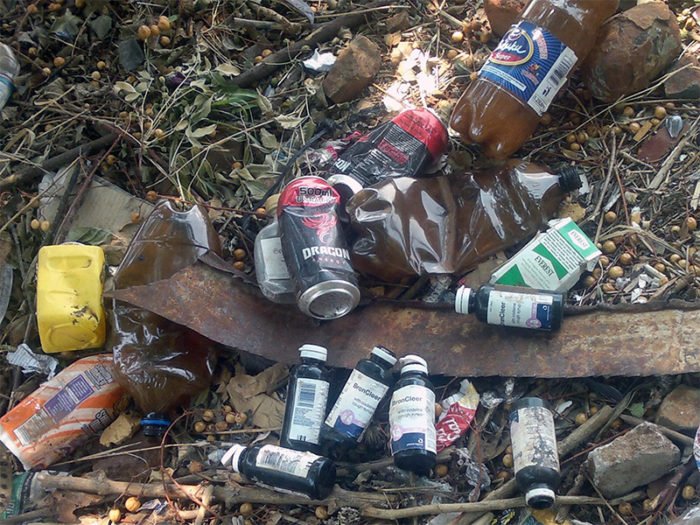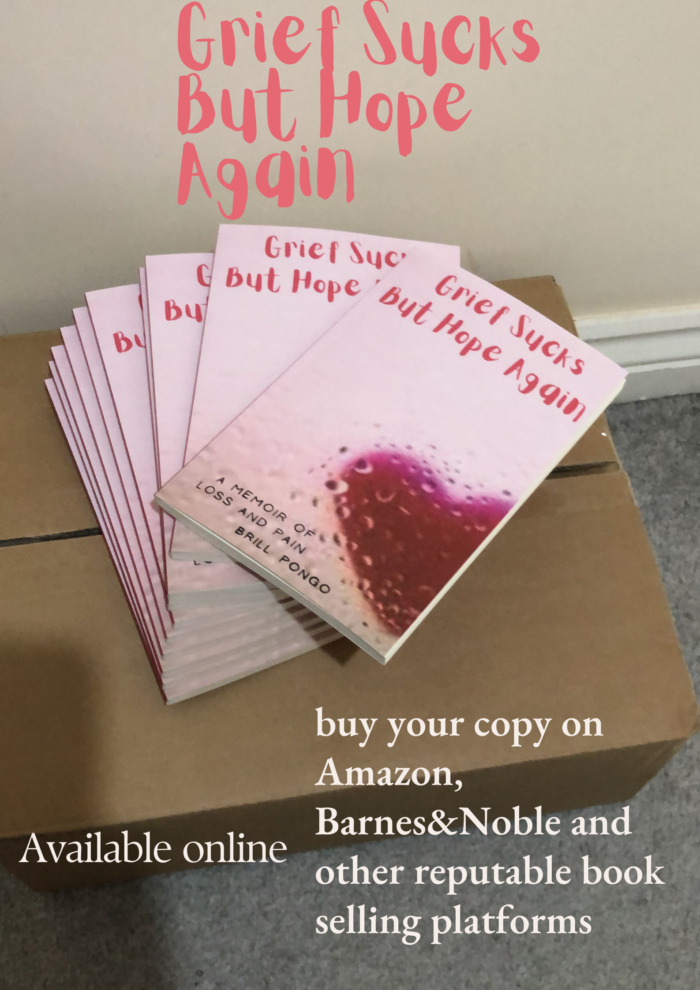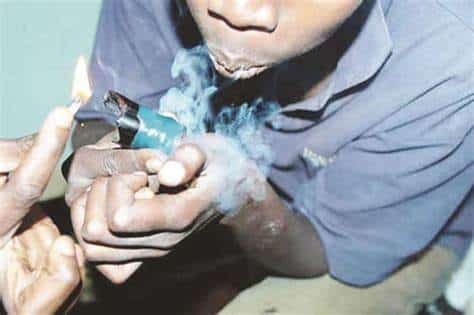The youth in Zimbabwe share common struggles in grappling with blighted histories and uncertain futures. The young people in Zimbabwe are not alone in wondering if their country even has a future. To the young, such a place can sometimes feel like a trap in an age when social mobility in Zimbabwe is diminishing and they face greater obstacles to a good education than other Southern African nations.
At the same time, each of the countries is distinguished by problems not common to the rest. In Zimbabwe it is the drug epidemic, which has not only destroyed lives but has come to redefine a country whose fleeting embrace of prosperity a generation ago is still visible in some of its grander official buildings and homes in town and cities across this once promising country. Now they seem to accentuate the decline of a nation riddled with corruption and poverty with ghost shops that haven’t seen business in years.
The future is bleak for many youths in Zimbabwe. What with the corruption and poverty making a conducive environment for rampant drug and alcohol abuse in what was one of Africa’s most promising nations.
Alcoholism and drug abuse are spreading in Zimbabwe, according to the country’s Ministry of Health. For many unemployed, youths in the southern African country it is a way to forget the harsh realities of life. Zimbabwe is gripped with a worsening situation that arises from corruption and a failing economy that has made youth unemployment commonplace.
Back in 2014 The Washington Post reported that Zimbabwean men and women ranked 6th and 7th respectively as Africa’s top drinkers. The situation has not gotten any better but is getting worse by the day.
According to the beer and soft drink company Delta Beverages, Zimbabweans consumed almost 200 million hectolitres of its lager beer and more than 330 million hectolitres of opaque (millet) beer in 2012. Companies like Delta Beverages are making a killing out of this desperate situation.
Corporate companies such as breweries and those selling cigarettes are complicit in creating a bleak future for millions of youths in Zimbabwe.
With a corrupt government in place and collapsed systems that are completely dysfunctional deprivation is now the order of play for the majority in Zimbabwe.
Deprivation can involve many things such as poverty, inadequate housing, poor education and lack of job or social opportunities. Although deprivation is often concentrated in particular areas, such as inner cities, it is sadly commonplace in Zimbabwe, it is everywhere small towns and rural areas no place has been spared.
If we use a broad definition of drugs – to include alcohol, cigarettes, illegal and other socially unacceptable substances – it is clear that drug use is nearly everywhere. However, different people living in different areas may have different drug use patterns.
The relationships between deprivation and illegal drug use have been highlighted in a number of cases. According to the Zimbabwe Civil Liberties and Drug Network (ZCLDN), approximately 290,000 youths in this Southern African nation are abusing drugs and alcohol. The figure has risen fast, and the current status is estimated to be over a million.
Deprivation is associated with the problematic use of drugs such as Methamphetamines (Mutoriro) and other forms of illicit substances such as BronCleer which are now easily available on the streets. Although problematic use of these drugs is not exclusively related to deprivation it is much more common among poor people.
Rather than deprivation being related to whether people have ever tried drugs or not, it is more likely to relate to a lower age of first use, progression to dependence, injecting drug use, risky use, health, and social complications from use and to criminal involvement.
In the case of Zimbabwe poverty and rampant corruption and unemployment are linked most strongly with the extremes of problematic use and least with casual, recreational, or intermittent use of drugs.
Sadly, the poverty that is now gripping most families across Zimbabwe often means a user is less likely to get care and treatment.
Worse still the chances of overcoming drug problems are less in a nation faced with a dilapidated health system. The youth have fewer positive alternatives and less access to any form of meaningful rehabilitation as things stand.
With all the political jostling and corruption, the lack of a stable currency the ever-depreciating Zim/dollar-bond taking centre stage, the issues regarding drugs and abuse of alcohol have not garnered any worthwhile media attention.
Nonetheless, the sad realities of drugs and alcohol abuse have been shuttering communities daily indeed deprived areas often suffer from greater and more visible public nuisance from drug taking and supplying.
It is an undisputed fact that poor areas with high unemployment levels can provide an environment where drug dealing becomes an established way of earning money. Unfortunately, many communities in the high-density areas around Zimbabwe are finding it more difficult to deal with drug problems. Some community leaders have accused the police of turning a blind eye on these drug operations and some have pointed out that corruption in the police system is enabling and facilitating for the brazen way in which drug dealers are operating unabated. There is yet to be a single case of a drug raid or publicised arrest of drug dealers in Zimbabwean media thus far.
With the economy in tatters, Zimbabwe has also become a transit point for drugs such as cocaine, which is smuggled to neighbouring countries like South Africa and Botswana.
Many of the addicts are living a life of crime to support their drug life and this is further tarnishing the moral fabric of society. This growing cancer of drug abuse spells out a bleak future for generations that are still to come. However, a light can be seen at the end of the tunnel if the country amps up on the provision of anti-drug awareness campaigns and several effectively functioning rehabilitation centres for the increasing number of addicts.
There is a way out of this mess.








